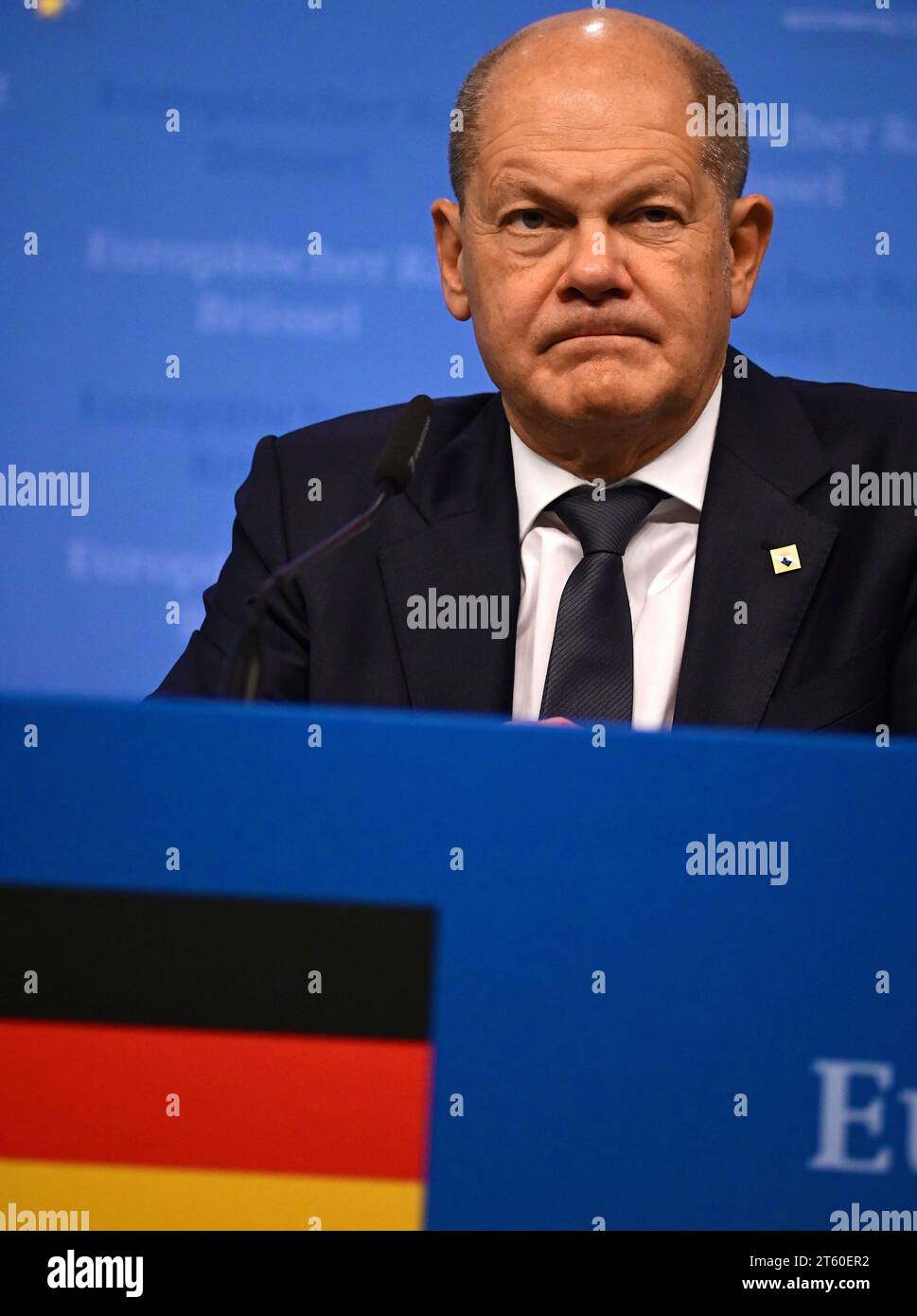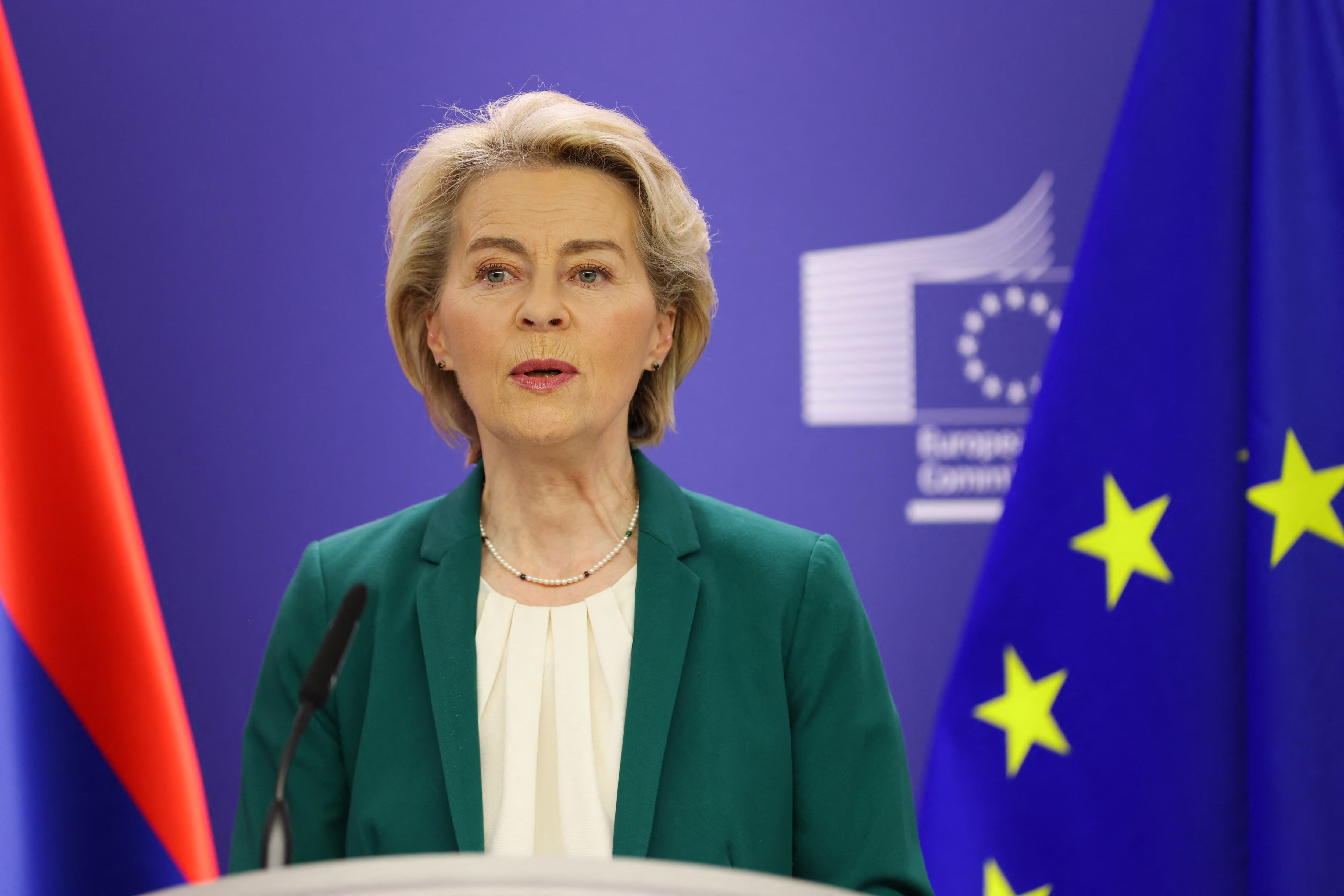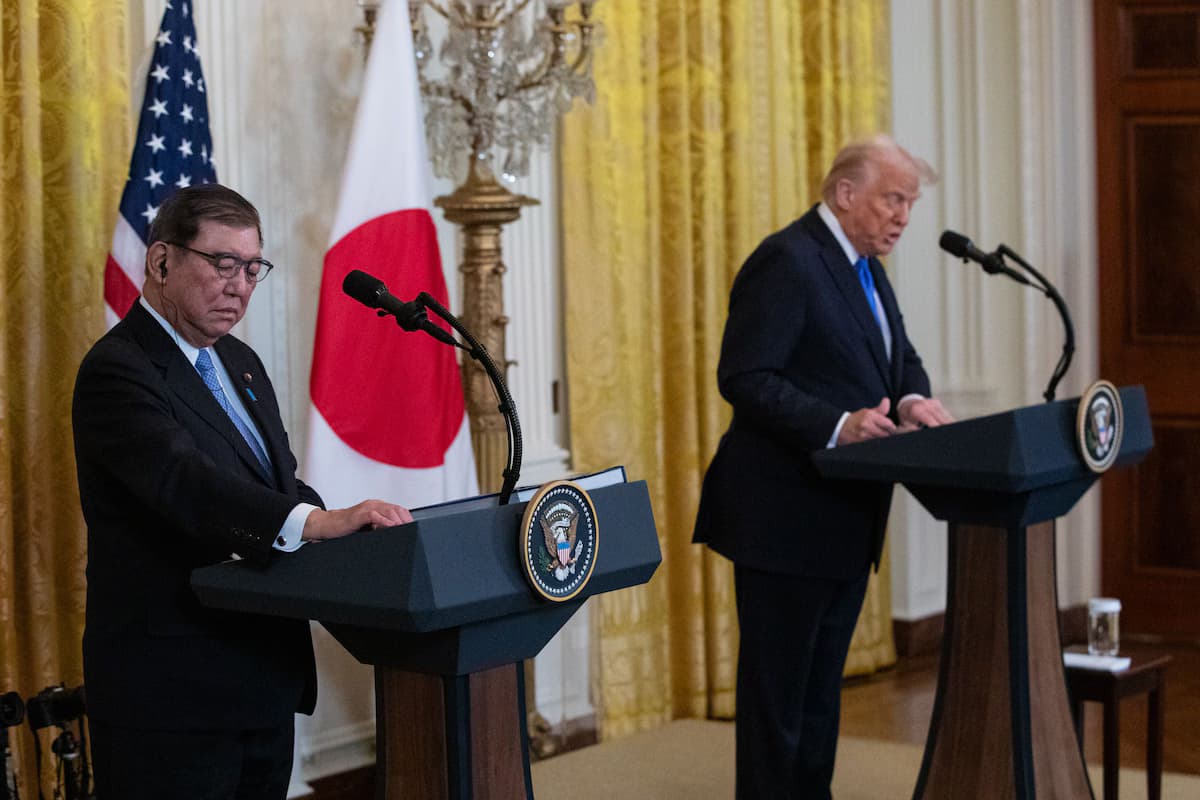The European Union is standing on the precipice of a disastrous trade war that could devastate working families across the continent. With President Trump threatening to impose punitive tariffs as high as 50% on EU goods, the urgency to negotiate a deal has never been greater. At the recent summit in Brussels, EU leaders, faced with the prospect of shrinking economies and rising unemployment, have resorted to desperate measures that could redefine global trade.
Trump"s Trade War Creates Chaos
For the past six months, Trump has played a dangerous game of tariffs, swinging between threats and negotiations that have left the global trading order in disarray. His unpredictable tactics not only disrupt markets but also jeopardize the livelihoods of millions of workers. As reported by Reuters, the EU is now scrambling to formulate a response, knowing that failure to reach an agreement could mean catastrophic financial repercussions.
EU"s New Strategy: An Alliance with the CPTPP
European Commission President Ursula von der Leyen has proposed a bold new strategy: joining forces with 12 members of the Comprehensive and Progressive Agreement for Trans-Pacific Partnership (CPTPP) to create a new global trade initiative. This alliance aims to reshape a rules-based trading order, potentially sidelining the dysfunctional World Trade Organization. Von der Leyen emphasized that the U.S. would not automatically be welcomed into this new framework, highlighting a shift in the EU"s approach to trade negotiations.
Innovation and Unpredictability as Weapons
Polish Prime Minister Donald Tusk"s comments reflect the EU"s determination to adopt a more innovative and unpredictable negotiating style, echoing Trump’s own tactics. As he stated, “we need to be similar to our partners in some sense.” This strategy could backfire, though, as EU leaders are forced to navigate a minefield of economic interests, with industries from chemicals to steel already feeling the strain of the current tariff threats. The question remains: will this new alliance be a game changer or simply a distraction from the imminent reality of Trump"s demands?
\n\n
Brussels, Belgium. 27th Oct, 2023. E…
Economic Implications for Working Families
The looming threat of tariffs isn’t just a political maneuver; it has real-world consequences for everyday people. French President Emmanuel Macron has already voiced concerns about the potential impact on prices for consumers and workers. As he noted, “0 percent is the best” when it comes to tariffs, a stark reminder of how critical this negotiation is for economic stability. High tariffs could lead to increased costs on imported goods, hitting low- and middle-income families the hardest.
Leaders Divided on Strategy
As EU leaders digest the latest U.S. proposal, there"s a palpable sense of urgency mixed with uncertainty. Germany’s Chancellor Friedrich Merz advocates for a quick deal, even if it lacks comprehensive detail, warning that “Industries are already suffering.” Meanwhile, Lithuania’s President Gitanas Nausėda expressed a sobering reality: the EU may only hope to receive treatment comparable to the U.K. in trade negotiations, a stark contrast to the robust economic power the EU represents.
Divisions Widen as Pressure Builds
This internal division among EU leaders reflects the broader problem of negotiating under pressure. With less than two weeks until Trump’s deadline, leaders must decide whether to push for a quick agreement or risk a protracted trade war that could cripple economies. The stakes are high, and the pressure to conform to Trump"s aggressive tactics might lead to a deal that favors the U.S. at the expense of European workers.
\n\n
EU lawmakers urge von der Leyen to drop business envoy in ...
Conclusion: A Fight for Economic Justice
This is not just a battle over trade policies; it’s a fight for the economic justice of millions of workers across Europe. As the EU navigates these treacherous waters, it must prioritize the needs of its citizens over political gamesmanship. The consequences of failing to secure a fair deal could ripple through every sector, affecting jobs, wages, and the very fabric of society.



![[Video] Gunfire between Iraqi security forces and Sadr militias in Baghdad](/_next/image?url=%2Fapi%2Fimage%2Fthumbnails%2Fthumbnail-1768343508874-4redb-thumbnail.jpg&w=3840&q=75)
